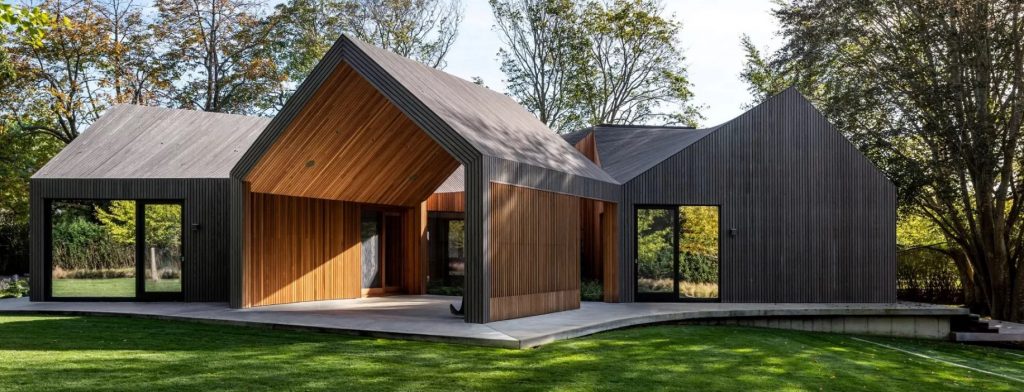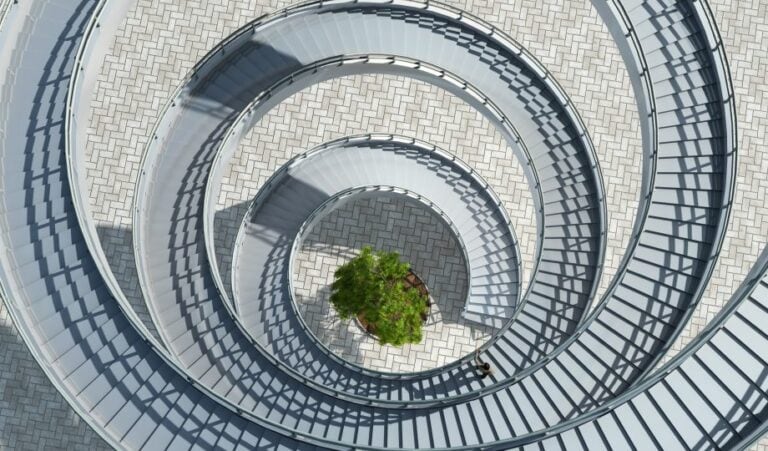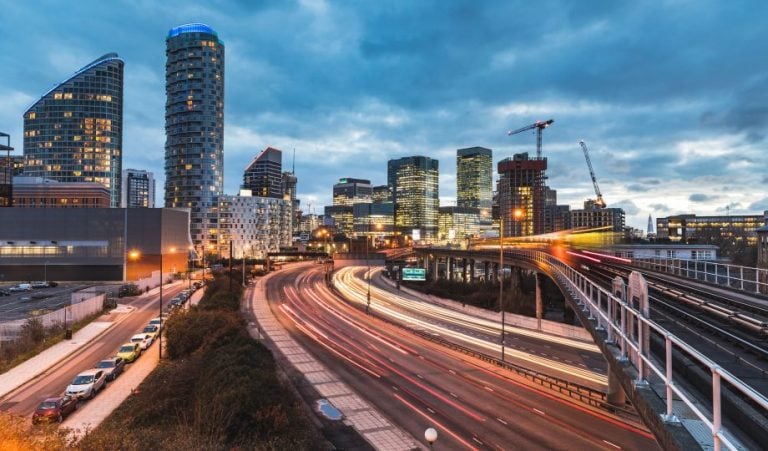Modified wood for stability and durability

Problem Addressed
Buildings and the built environment are a major contributor to global energy use and emissions, and the materials used in construction are a big part of this.
Case Study
Sustainability for Thames Estuary ecosystems with project partners, TEAM2100 and 540 WORLD
Accoya® wood was used by the Environment Agency to replace hardwood for assets that support biodiversity. Fenders in the Thames Estuary provide a unique micro-environment in the tidal waters, promoting healthy and diverse ecological development. Accoya® wood provided by Accsys is being used by the Environment Agency’s TEAM2100 to replace one of the deteriorating hardwood fenders, as proof of concept that these important ecological support structures can be more sustainable. The lack of toxic or plastic-based additives to Accoya® is vital to its use in these environments, eliminating the risk of potential leaching into the water and environmental or ecological harm.
Carbon-neutral house, by architect, Matthew Barnett Howland
A home in Berkshire, United Kingdom, was built to be completely carbon neutral, made of materials that can all be completely reused or recycled. Constructed with a material made from cork processing by-products and with Accoya® window and door frames, cladding, ground floor beams, eaves roof beams and lintels. Winner of several RIBA awards and the 2019 Stephen Lawrence Prize, which recognises experimental architecture, the house features not only innovative architecture, engineering and use of materials, but is also both a beautiful home and proof of concept for sustainable building and living.
Facts and Figures
This page presents data, evidence, and solutions that are provided by our partners and members and should therefore not be attributed to UKGBC. While we showcase these solutions for inspiration, to build consensus, and create momentum for climate action, UKGBC does not offer commercial endorsement of individual solutions. If you would like to quote something from this page, or more information, please contact our Communications team at media@ukgbc.org.
Related
Climate Positive Resource Management

2050 Materials

How Circular Economy Principles can impact carbon and value

Net Zero Whole Life Carbon Roadmap for the Built Environment

